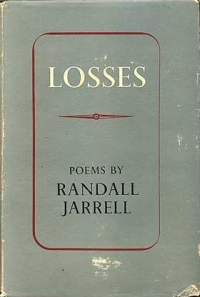...where Colin Wilson was heeling and pointing outA poem by David Wagoner, from the Hudson Review, Summer, 2009. He seems to be describing an actual party hosted by Stephen Spender, which would have taken place on an evening in October or November of 1956, in the midst of the Hungarian Revolution. According to Wagoner's text, Cyril Connolly, John Hayward, Rose Macaulay, Herbert Read, and Allen Tate were also in attendance.
with flushed-to-the-eyeballs tweedy Henry Reed
naming his parts indifferently for the amusement
of oracular almost-sober Louis MacNeice
whose bagpipe gaze caught Sonia Orwell ready
to leave the guest of honor...
In the poem, Wagoner specifically mentions St. John's Wood as the destination, and that makes sense, as the Spenders had been living in Loudoun Road (photos on Flickr) since 1945.
On November 16, 1956, the Times printed a letter from Spender which listed the writers and artists he had garnered in support of the (ultimately lost) Hungarian cause, including Reed:









